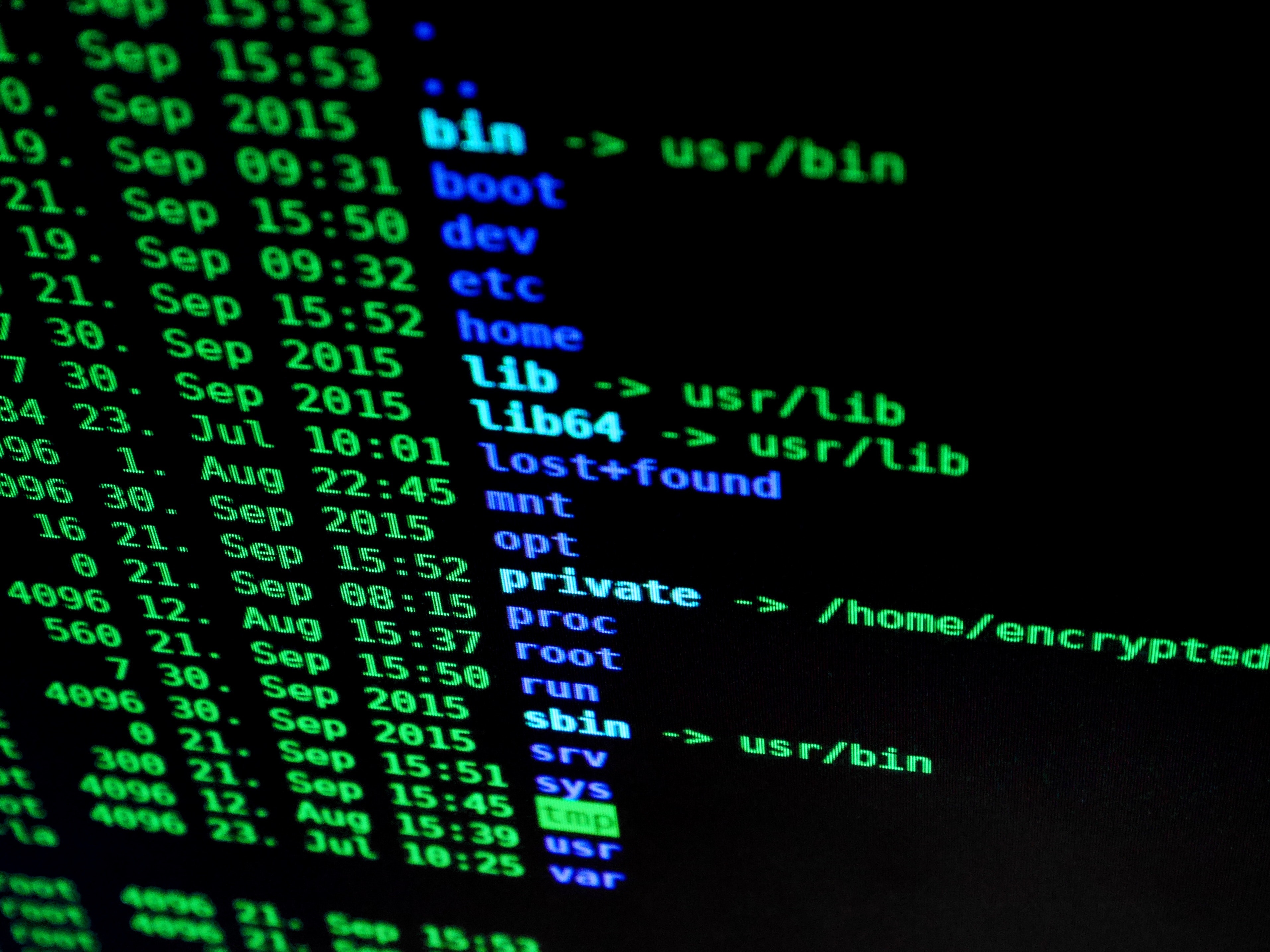
Having someone steal your private information can be a nightmare, and it's tricky to know exactly what you should be doing. Here are three different ways to start protecting your online information.
Get a VPN
VPN stands for Virtual Private Network. Basically, these services mask your device's IP address to make your online activity harder to trace. This helps to protect your information and history anytime you are on a public WiFi network. For detailed help on VPNs, why you need one, and lists of both free and paid VPN services, click here.
Create more secure passwords.
It's tempting to use easy-to-remember passwords and repeat them across platforms. However, this leaves you much more vulnerable to hacks and leaks. Instead, always use different passwords for each site, and follow these tips on how to choose a truly randomized password (and remember it, too).
Learn to avoid online scams.
Phishing and other forms of scams are used to steal your data and personal information. Read up on this list of common digital scams and learn the signs of phishing, so you can stay aware and smart about who you trust online.
For more ways to secure your online data and learn about financial safety, check out the Student Money Management Center.